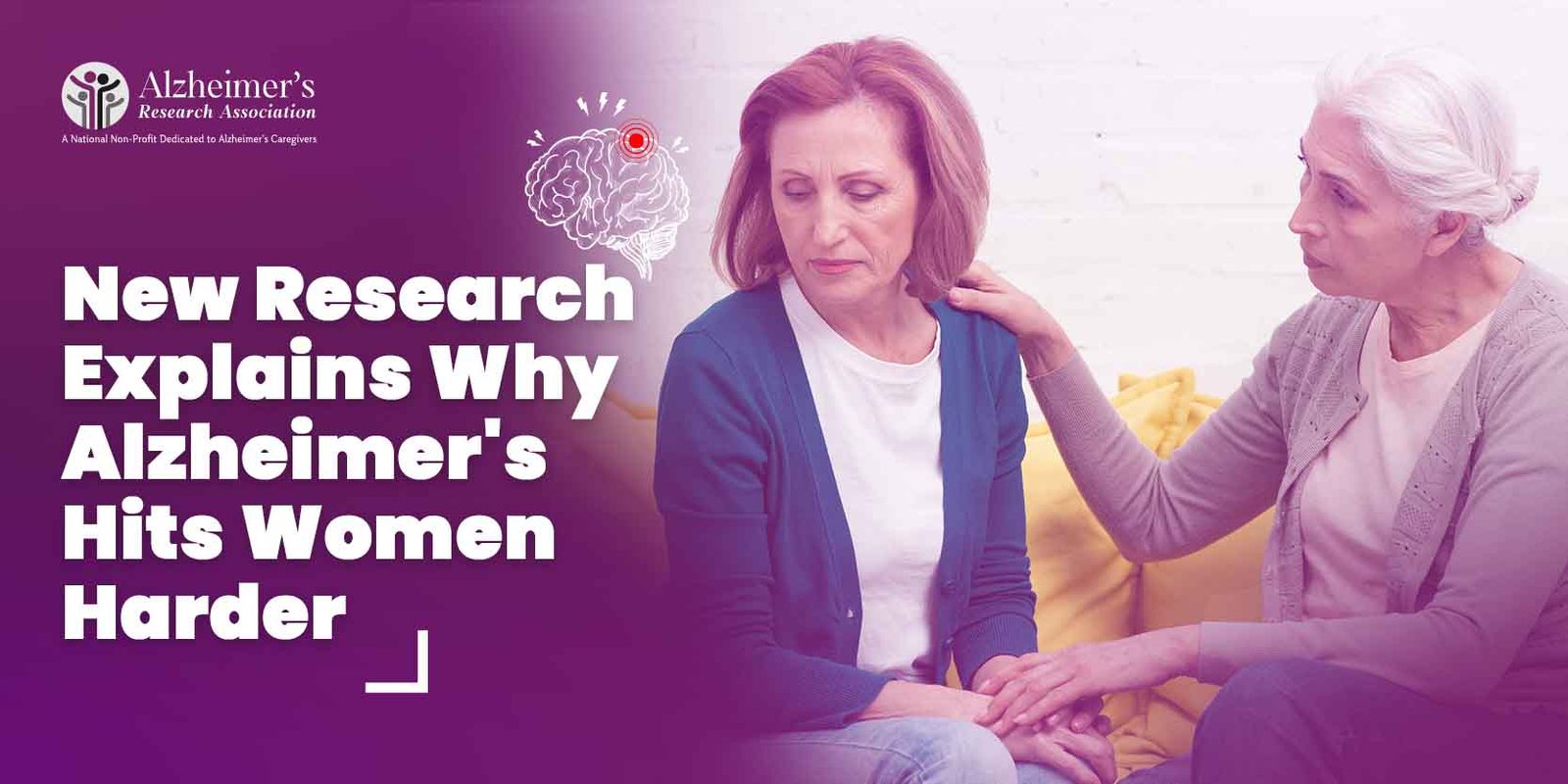Researchers from Weill Cornell Medicine have found that two genetic variations, TREM2 R47H and APOE4, raise the risk of Alzheimer’s by inducing inflammation in the immune cells of the brain, especially in women. This study highlights the necessity of sex-specific therapies and identifies a pathway as a possible novel therapeutic target.
Researchers at Weill Cornell Medicine have found in a preclinical model study that two genetic variations linked to a high Alzheimer’s risk cause the immune cells in the brain to undergo a detrimental inflammatory response, particularly in females.
The findings, published in Neuron, highlight the importance of taking sex variations into account in Alzheimer’s research, which could eventually lead to more accurate and successful treatments [1]
Alzheimer’s impacts millions of individuals globally, but it disproportionately affects women, who are almost twice as likely as men to get it [2]. Researchers are attempting to ascertain what is behind these differences in susceptibility to develop novel treatments. Previous studies have demonstrated that women are more susceptible to Alzheimer’s than men due to a gene mutation known as APOE4 [3].
The new study focused on cellular processes that malfunction when females have both APOE4 and a variation of the TREM2 gene, which also increases the risk of Alzheimer’s. Since these genes encode proteins that perform a range of cell functions, it has been unclear how the specific variations affect a person’s susceptibility to the disease.
About the New Study: Insights into APOE4 and TREM2 Gene Variants
Study author Dr. Li Gan, director of the Helen and Robert Appel Alzheimer’s Disease Research Institute and the Burton P. and Judith B. Resnick Distinguished Professor in Neurodegenerative Diseases in the Feil Family Brain and Mind Research Institute at Weill Cornell Medicine, stated that while APOE4 and TREM2 gene variants are two of the most significant risk factors for Alzheimer’s, not much is available about how they increase disease risk and have rarely been studied together [4].
The research team’s goal was to combine these risk factors to demonstrate which pathways undergo changes when the disease risk is highest.
The researchers created mouse models of Alzheimer’s with human APOE4 and TREM2 R47H, a rare variation that boosts the risk 2-4.5-fold. The mice also had a mutation that caused the formation of tau protein clumps, which are prevalent in the brains of people with Alzheimer’s and strongly contribute to cognitive impairment in those patients.
The researchers evaluated the mice at 9-10 months of age, which is roughly equal to middle age in humans, to see how these genetic changes affected brain health.
They discovered that the brain regions crucial to thinking and memory exhibited severe damage in female mice with both APOE4 and TREM2 R47H but not in male mice. This damage encompassed more severe tau protein clumps compared to mice lacking these gene combinations.
The researchers identified the brain’s immune cells, known as microglia, as the cause of the damage in these female brains. Microglia typically shield the brain, but in this instance, they become “senescent,” a term used to describe aged cells that have lost their capacity to work accurately. Rather than removing injured cells and protein clumps, these old microglia remain and use the cGAS-STING pathway to release inflammatory chemicals.
It is noteworthy that the study discovered that these detrimental effects were more noticeable in female mice, which is consistent with data that indicate women are more at risk from APOE4.
Prospects for Tailored Alzheimer’s Therapy
According to the study, the cGAS-STING pathway is significantly activated in females with tau aggregation when the two Alzheimer’s risk factors are combined. Inhibiting this detrimental pathway reduced inflammatory markers and reversed the aging phenotype in microglia.
Dr. Gan said that the study underscores the necessity of investigating sex variations in Alzheimer’s research and therapy because the illness may progress differently in men and women and may thus require specialized treatment.
By determining how immunological pathways such as cGAS-STING contribute to the development of Alzheimer’s disease, especially in people with high-risk genetic variations, the researchers intend to pave the road for novel treatment approaches—and possibly prevention.
Alzheimer’s Research Association is a non-profit organization dedicated to helping caregivers of Alzheimer’s disease and dementia. We provide the latest information and news about the illness and helpful tips to help caregivers cope with their daily caregiving challenges. We realize the most important thing that a caregiver needs is financial assistance. Therefore, we provide grants to caregivers to ease their financial burden. Caregivers can apply for grants here: https://www.alzra.org/grant-applications/.
You can also help caregivers in their endeavor by donating as much as possible: https://www.alzra.org/donate-now/.
References
- Carling, G.K., Fan, L., Foxe, N.R., Norman, K., Ye, P., Wong, M.Y., Zhu, D., Yu, F., Xu, J., Yarahmady, A. and Chen, H., 2024. Alzheimer’s disease-linked risk alleles elevate microglial cGAS-associated senescence and neurodegeneration in a tauopathy model. BioRxiv, pp.2024-01.
- Alzheimer’s Genetic Risk Factors Spark Inflammation in Females. Weill Cornell Medicine. https://news.weill.cornell.edu/news/2024/09/alzheimer’s-genetic-risk-factors-spark-inflammation-in-females. Published Online: 30th September, 2024. Accessed: 18th November, 2024.
- Ungar, L., Altmann, A. and Greicius, M.D., 2014. Apolipoprotein E, gender, and Alzheimer’s disease: an overlooked, but potent and promising interaction. Brain imaging and behavior, 8, pp.262-273.
- New Study Reveals Why Alzheimer’s Hits Women Harder. SciTech Daily. https://scitechdaily.com/new-study-reveals-why-alzheimers-hits-women-harder/. Published Online: 13th October, 2024. Accessed: 18th November, 2024.
- Alzheimer’s genetic risk factors spark inflammation in females. Science Daily. https://www.sciencedaily.com/releases/2024/09/240930160510.htm. Published Online: 30th September, 2024. Accessed: 8th November, 2024.



